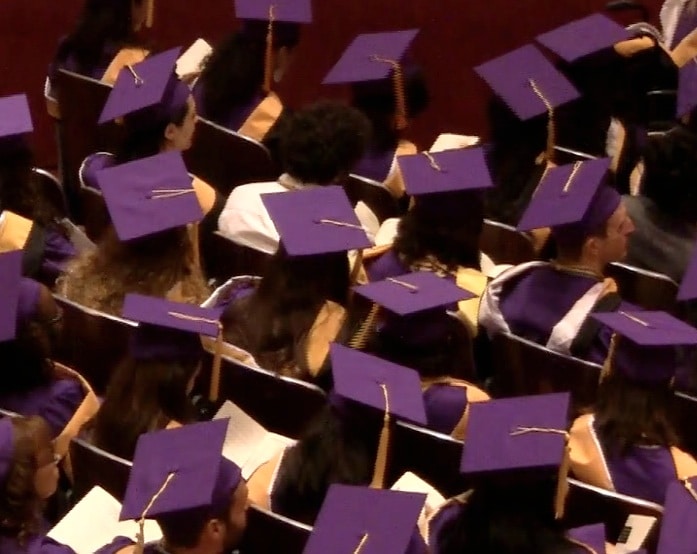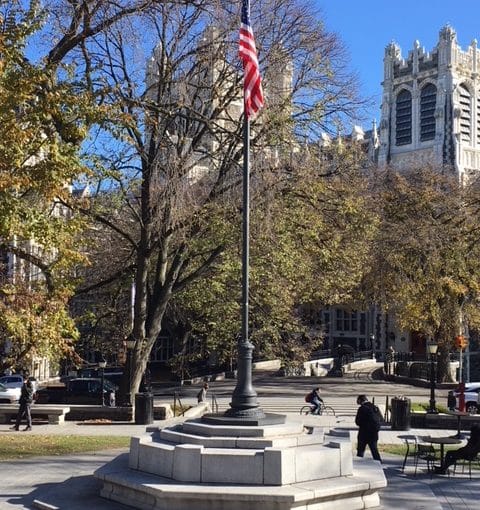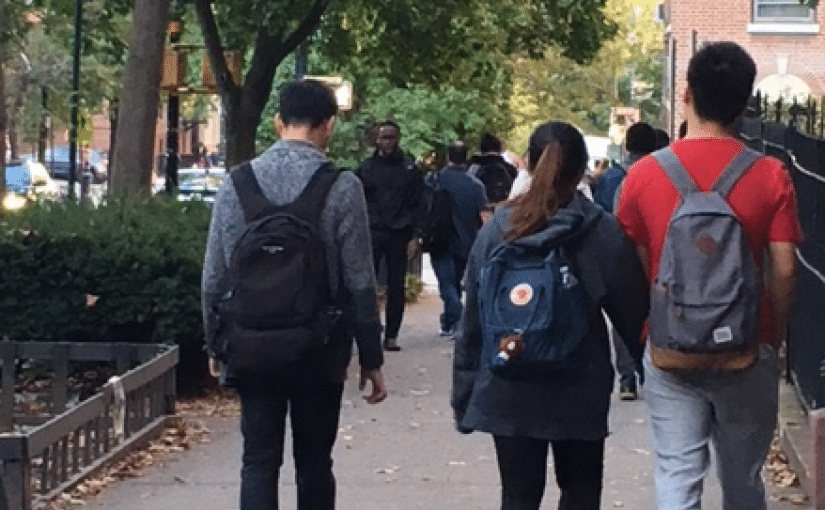College graduates in New York State in 2015, and years to come if Governor Andrew Cuomo has his way, may get a gift from New York State. Governor Cuomo plans to introduce legislation for student loan forgiveness for NY State grads.
Cuomo’s idea will help freshly minted college graduates begin their careers and adult lives without worrying about their student debt. The governor proposed the Get on Your Feet Loan Forgiveness program so that you won’t have pay anything on your student loan for two years.
To qualify:
1. You must graduate from a college in New York State.
2. You must live and work in New York State.
3. You must earn $50,000 or less.
4. You must enroll in the federal Pay as You Earn Program (PAYE).
Governor Cuomo will announce the details of the program in his upcoming State of the State speech. He understands there are plenty of compelling reasons to help students in the state.
60 percent of New York students graduate with debt and
the average New York State four-year college graduate leaves school with about $28,000 in debt.
Study after study shows that college debt makes it difficult to move forward with your life. And our ConsumerMojo reports show that student debt prevents young people from buying a car, renting an apartment and buying a home.
Opportunity Agenda as it represents another step forward in our goal of growing economic opportunity for New Yorkers.”
If the program Cuomo said, “By alleviating the weight of student loan debt, we can give our recent graduates a better shot at establishing themselves right here in the Empire State. I’m proud to include this item in my 2015 becomes reality, when a recent grad meets the qualifications, New York State will pay the difference between what the federal government covers and your loan payment. The state will cover 100 percent of a graduate’s loan payments for two years.
About 7,100 graduates are expected to enroll in the program in its first year and more than 24,000 will participate annually by 2019-20. It will cost the state about $41.7 million.
Related



